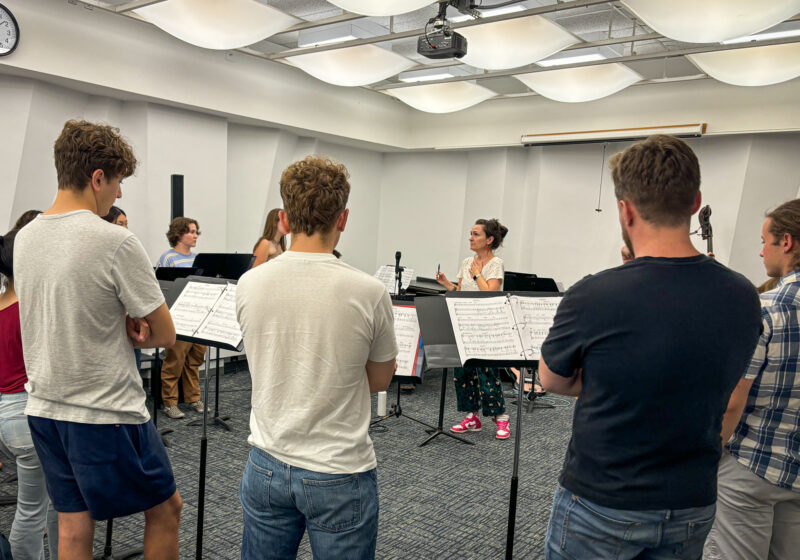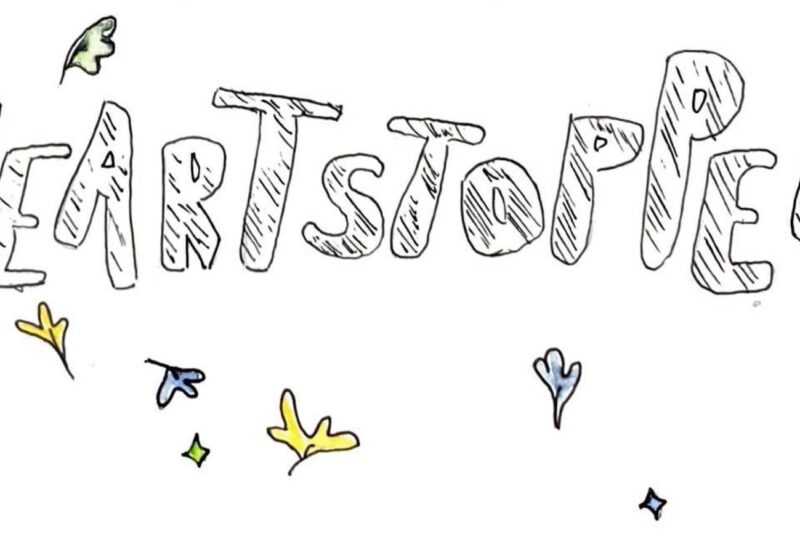Florida didn?t benefit everyone
It?s great to to have debates on events of historic proportions in Florida. Yet no discussion benefits when a side bases its arguments on information that is, at best, flawed.
In his March 15 editorial, Damon Dimmick claims that all ?clear? votes have been counted. It?s not true. In many counties machines misidentified ballots with a vote for a candidate and a write-in for the same name ? perfectly legal votes ? as ?overvotes.? The Orlando Sentinel reported that in Lake County alone 376 votes for Gore and 276 for Bush were ignored in this way, costing Gore a net of 130 votes in a county Bush won handily.
Similarly, in some places optical scanners would not read some ballots because they couldn?t detect the ink used to mark them. The published results of the media recounts so far suggest that Gore won Florida even under a strict counting standard.
Also, how can one assume that the 5-4 Supreme Court decision, publicly denounced by more than 670 law professors as partisan, made by appointed judges, is more fair than the local officials, mostly Republicans, would be? It speaks volumes about the decision that the two Justices that were key in its issuance ? Kennedy and O?Connor ? did not want to put their names on it, that they labeled their reasoning as ?for this occasion only,? and that the majority broke its own standard for equal protection cases that the plaintiff must prove discriminatory intent, which Bush never even claimed to do.
There might be uncertainty about what the truly correct vote count is. But what is beyond dispute is that Bush did nothing to try to find it, suspecting that he actually lost; and did everything to prevent its discovery, thus showing that he cares about winning more than about democracy ? a stance unworthy of the office he occupies.
? Maks Orlovich
Class of 2004
Wittmann should ask first, talk second
Recently the Black Students? Union has been under intense scrutiny regarding the Black Saviour?s Day program that we co-sponsored with the Nation of Islam. Unfortunately, some people have used this event to catapult their personal agendas with unsubstantiated rhetoric.
In honor of Black History Month, BSU co-sponsored the Black Saviour?s Day event. Carter G. Woodson originally founded Black History Month in 1926 in order to acknowledge the many accomplishments of African-Americans, whose legacy was especially slighted during that time.
Nevertheless, in the Feb. 28 issue of the Campus Times, Robert Wittmann incorrectly defined Black History Month as ?a time for Americans to reflect how integral every one of us is to our country?? Furthermore, he suggested that, ?Perhaps next year, Black History Month could be brought to a close with a speech by a great leader like Colin Powell, Nelson Mandela, or Kofi Annan.?
BSU would like to suggest to Wittmann that he learn about the actual purpose of Black History Month before he suggests what speakers BSU include in our Black History Month programming.
In addition, our choice to co-sponsor an event with the Nation of Islam has been considered a ?poor choice? by some. However, must we censor speakers based on the anticipation of what they might say?
If every organization decided against bringing a speaker to campus based on the potential they had to say something controversial, then none of the organizations would have speakers.
And despite all of the rhetoric, we have yet to hear an actual racist or anti-Semitic quote from the event that BSU sponsored. In fact, those who actually took the time to attend the speech delivered by Farrakhan would have realized that it was a speech that called for unity among all groups.
As students at UR, we are being trained in the liberal arts tradition to be independent thinkers.
Thus, we believe that the day we are not permitted to be discerning listeners at this school, is certainly a sad day.
Feel free to address any comments or concern to BSU?s Educational and Political Chair, Allison Tartt, at002h@mail.
? Black Students? Union Executive Board
LaFleur Stephens, President
Laying blame
Upon reading the security section of this week?s Campus Times involving the alleged assault, I noticed that you mentioned that the two parties involved were both brothers of Alpha Delta Phi. I found the addition of this detail unnecessary and harmfully contributing to bias.
I realize that you were presenting facts, however, as a newspaper, you must realize the unique position that you are in. The facts that you choose to present or exclude can warp a story or bias a reader.
Had it been two members of the debate team, or another group, I would highly doubt that you would have mentioned their affiliation. By including the name of our fraternity you lend weight to a stereotype of fraternities in general. Though the report was based on a security report, it was an isolated incident, by mentioning our name you prejudice the campus against us.
As a side note I believe it is also generally unnecessary to include the names of individuals before they are convicted. Mentioning names simply creates animosity that may be unfounded, and provides no service to the community other than stereotypes. However, we must all constantly strive to recognize the underlying context and implications of our words if we wish to eliminate the many unfortunate prejudices that we are surrounded by.
? Paul J. Burgo
Class of 2001
Editor?s note: The CT reserves the right to publish the names of persons charged with committing a crime because the information is a matter of public record.
Class does not decide morality
I was insulted and infuriated after reading the commentary ?Clinton just doesn?t seem to go away? of the February 28th Campus Times. Todd J. Pipitone writes, ?Clinton … turned the White House into the White Trailer? and ?until we get … Clinton out of our systems, we will never get out of the trailer park.?
Pipitone debases people who live in trailers in an attempt to support his article. The underlying theme he purports is that there is a strong correlation between class and morality.
While studying at an institution of higher-learning, I like to think that my peers judge others based on their character, not how much money they or their families have.
On a side note, while discussing presidential similarities Pipitone might add that Kennedy shared something else in common with Clinton ? having and affair while in office.
He overshadows that point though, and probably because Kennedy came from a more affluent area than Clinton.
Ultimately, Pipitone makes an ineffective and offensive arguement. Money does not make someone a better, more elevated person, and Pipitone?s article is a case in point as it discriminates against a group based on its socio-economic class. In doing so, he defies one of the most basic moral principles. Such a contemptible article has no place in a university newspaper that claims not to promote bigotry.
By implying that people who live in trailer parks are morally inept, Pipitone shames himself and the Campus Timesas well.
? Kristi Cuthbert
Class of 2002





